Former Kaduna State Governor Nasir El-Rufai has acknowledged the pivotal role played by ex-Vice President Atiku Abubakar in steering economic reforms during President Olusegun Obasanjo’s administration. El-Rufai, who served as Director-General of the Bureau of Public Enterprises (BPE) under Atiku’s supervision, credited the former vice president with overseeing the privatization of national assets—a cornerstone of Obasanjo’s economic agenda.
The remarks came during a condolence visit on Friday to the family of elder statesman Edwin Clark, who passed away on February 17. Speaking to journalists, El-Rufai lamented that Atiku’s contributions are often overlooked. “Nobody gives Alhaji Atiku Abubakar the credit for economic policy-making under the Obasanjo administration. Many of the things we did, we did under his leadership,” he said. “Maybe because we don’t write about it, and people don’t read history, we tend to forget. We only remember negative things. Maybe it’s part of human nature.”
El-Rufai’s praise marks a striking shift from his past criticisms of Atiku. In 2016, he accused the former vice president of dishonesty and labeled him as being plagued by “demons of corruption.” The unexpected commendation highlights a rare moment of reconciliation between the two political figures, who have often been at odds.
Atiku, who led the delegation to Clark’s family, shared a video of the visit on X, writing: “Today, I led a delegation that included the former Governor of Kaduna State, Mallam Nasir El-Rufai, on a condolence visit to the family of foremost statesman and nationalist, Chief Edwin Clark. I prayed for comfort for the family of the man whose work was defined by his pan-Nigerian credentials.” He described Clark’s death as a loss not only to his family, PANDEF, and the Niger Delta but to Nigeria as a whole, urging leaders to honor Clark’s legacy by promoting unity and inclusiveness.
El-Rufai’s comments shed new light on Atiku’s influence during a transformative period in Nigeria’s economic history, offering a counter-narrative to the criticism that has often defined his public image. As the nation mourns Clark—a unifying figure—the visit and El-Rufai’s reflections serve as a reminder of the complex legacies shaping Nigeria’s political landscape, where past rivalries can give way to moments of mutual recognition.

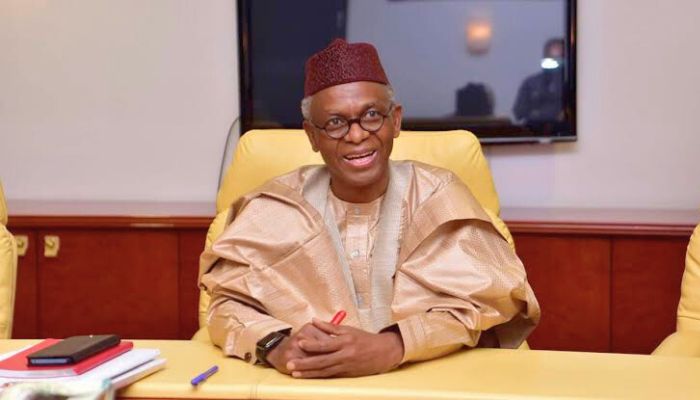

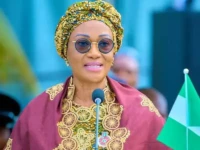
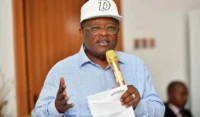
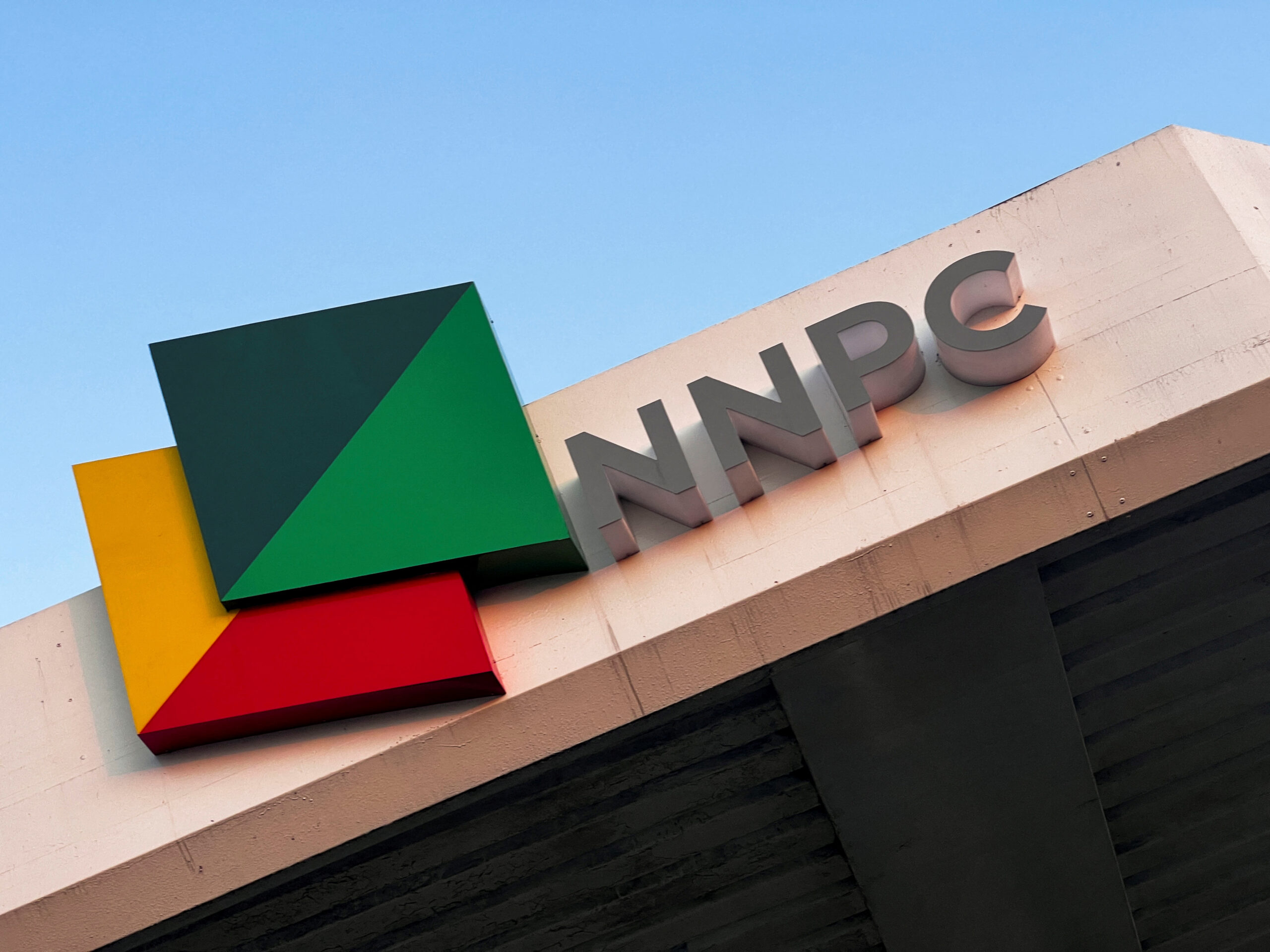
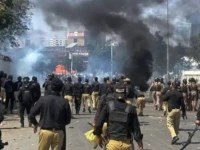

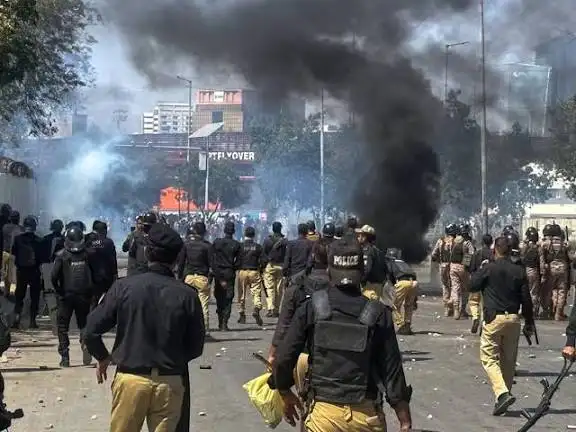
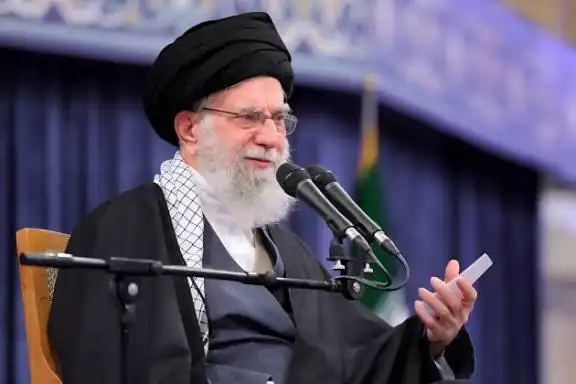
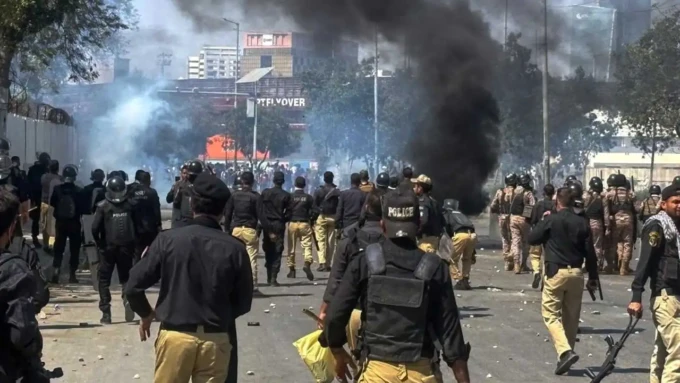

Hmm, interesting perspective. Do you think Atiku deserves credit for the economic reforms, or was it more of a team effort?
Interesting perspective, but lets not forget Atikus controversies. Is this just political posturing or genuine recognition?
Wow, El-Rufai giving credit to Atiku? Thats unexpected. Wonder if its genuine or just political posturing. What do you guys think?
Wow, can we really trust El-Rufais praise for Atikus economic reforms? Or is there more to the story? Lets dive deeper!
Hmm, Im not convinced. Atikus role in economic reforms might be exaggerated. Lets dig deeper into the facts.
Interesting perspective, but did Atiku really deserve all the credit for economic reforms? Lets discuss!
I find it hard to believe Atiku deserves credit for economic reforms. El-Rufais statement seems questionable. Thoughts?
Interesting take on Atikus role in economic reforms. Do you think he deserves more credit? Lets discuss!